Fuel prices could rise again as Opec cuts production
Major oil-producing countries have decided to cut oil production by two million barrels per day – could this mean higher fuel prices?

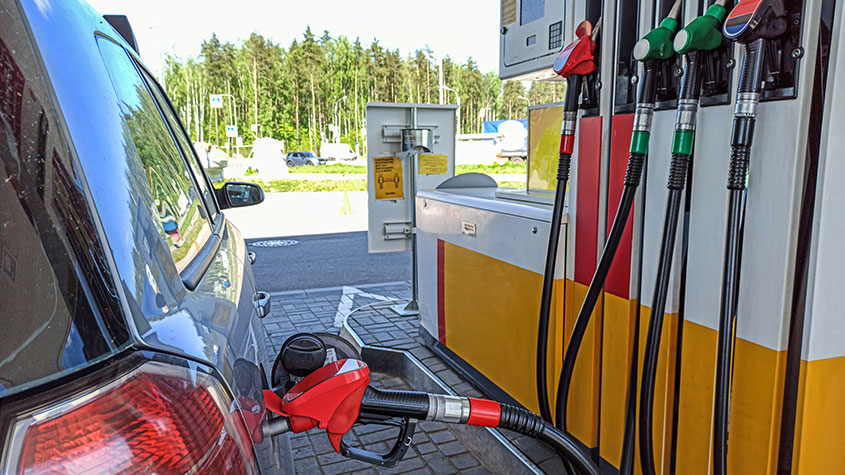
Get the latest financial news, insights and expert analysis from our award-winning MoneyWeek team, to help you understand what really matters when it comes to your finances.
You are now subscribed
Your newsletter sign-up was successful
Want to add more newsletters?

Twice daily
MoneyWeek
Get the latest financial news, insights and expert analysis from our award-winning MoneyWeek team, to help you understand what really matters when it comes to your finances.

Four times a week
Look After My Bills
Sign up to our free money-saving newsletter, filled with the latest news and expert advice to help you find the best tips and deals for managing your bills. Start saving today!
Just as fuel prices were sliding down, it looks like motorists could be hit with an increase again due to a steep production cut announced by Opec+, a group made up of some of the world’s top oil-producing countries.
Petrol prices had been falling in recent months as economies slowed and demand for petrol eased. In response, Saudi Arabia, one of Opec+’s members, said it was cutting production by two million barrels a day to avoid prices falling again as they did throughout the pandemic. Decreased production coupled with sustained demand would translate into higher prices in an already inflationary environment.
The price of a barrel of Brent crude had already increased on speculation of the cuts, jumping 2% on Wednesday to $93. However this is far below the peak of $139.13 in March, the highest level since 2008.
MoneyWeek
Subscribe to MoneyWeek today and get your first six magazine issues absolutely FREE

Sign up to Money Morning
Don't miss the latest investment and personal finances news, market analysis, plus money-saving tips with our free twice-daily newsletter
Don't miss the latest investment and personal finances news, market analysis, plus money-saving tips with our free twice-daily newsletter
The White House said US president Joe Biden was “disappointed by the shortsighted decision to cut production quotas” as the global economy struggled with the impact of Russia’s invasion of Ukraine. He called on Saudi Arabia to help lower prices, but Abdulaziz bin Salman, Saudi energy minister, said Opec+ needed to “stay as a moderating force” for oil prices in the face of rising global interest rates and a slowing global economy.
Why could fuel prices rise?
The production cut is the deepest since the peak of the pandemic in 2020. According to the RAC, “such a deep oil production cut will inevitably see oil prices rise, forcing up the wholesale cost of fuel. The question is when, and to what extent, retailers choose to pass these increased costs on at their forecourts.”
Fuel prices have been coming down for the last three months, which has prompted some motorists to fill their tanks more frequently. However the RAC believes “in many cases drivers are being charged more to fill up today than they should be based on average wholesale prices over the last few weeks”.
If prices go up within the next two weeks, it could show retailers are “sticking to their strategy of taking far more margin on every litre they sell than they have historically – much to the dismay of drivers up and down the country”.
Will Opec’s cut affect investors?
What this means for oil stocks and their investors remains to be seen. High prices throughout the first half of the year were “extremely beneficial to oil majors like Shell and BP”, says Victoria Scholar, head of investment at Interactive Investor. “[They] scored sky high profits and impressive share price gains against the backdrop of broader stock market volatility and uncertainty.
“However the environment has become a lot more challenging lately for oil stocks given the four month losing streak and 25% slide for Brent crude off the highs.”
Just this morning Shell’s share price fell by 4% after it issued a profit warning due to a near halving of oil refining margins.
“Having said that, there is a chance we could be past the nadir for oil prices,” says Scholar. “Opec+ has demonstrated that it is committed to supporting the market and propping up prices.
“There is a tug of war taking place between the US, the UK and other oil importers which desperately want oil prices to fall to help ease some of their commodity-linked inflationary pressures. The slowing global growth outlook and softening oil demand are helping to push prices lower.
“On the other hand, oil exporting nations like Saudi Arabia and Russia are hoping to reverse the oil market's recent slide to boost their crude revenues and economic output. They have been contributing to the market's reversal this week by limiting supply.
“Whether the downward pressure from slowing demand or the upward pressure from supply cuts wins out is yet to be seen.”
Get the latest financial news, insights and expert analysis from our award-winning MoneyWeek team, to help you understand what really matters when it comes to your finances.
Nic studied for a BA in journalism at Cardiff University, and has an MA in magazine journalism from City University. She has previously worked for MoneyWeek.
-
 Should you buy an active ETF?
Should you buy an active ETF?ETFs are often mischaracterised as passive products, but they can be a convenient way to add active management to your portfolio
-
 Power up your pension before 5 April – easy ways to save before the tax year end
Power up your pension before 5 April – easy ways to save before the tax year endWith the end of the tax year looming, pension savers currently have a window to review and maximise what’s going into their retirement funds – we look at how
-
 EPC rating standards for private landlords set for major overhaul amid ‘biggest ever’ energy efficiency push
EPC rating standards for private landlords set for major overhaul amid ‘biggest ever’ energy efficiency pushNews The government wants landlords to achieve an EPC rating of at least C in private rented homes. The policy revives plans previously put forward by the Conservatives.
-
 Is the market missing the opportunity in energy?
Is the market missing the opportunity in energy? -
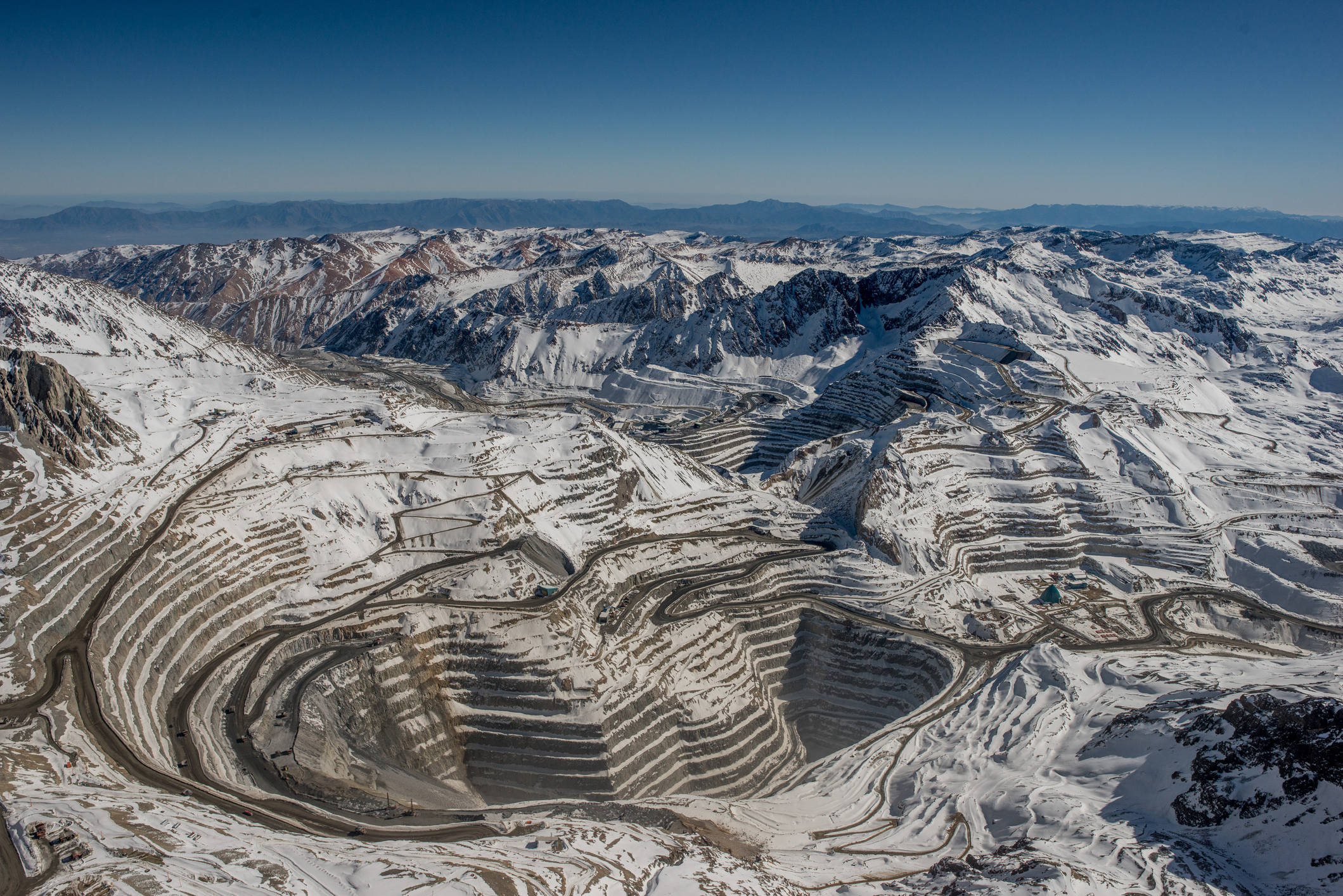 6 stocks to buy to invest in Latin America
6 stocks to buy to invest in Latin AmericaThe region is the world’s one-stop shop, boasting the raw materials required for the energy transition and key foodstuffs to cater for growing populations, says James McKeigue. Here’s how to profit.
-
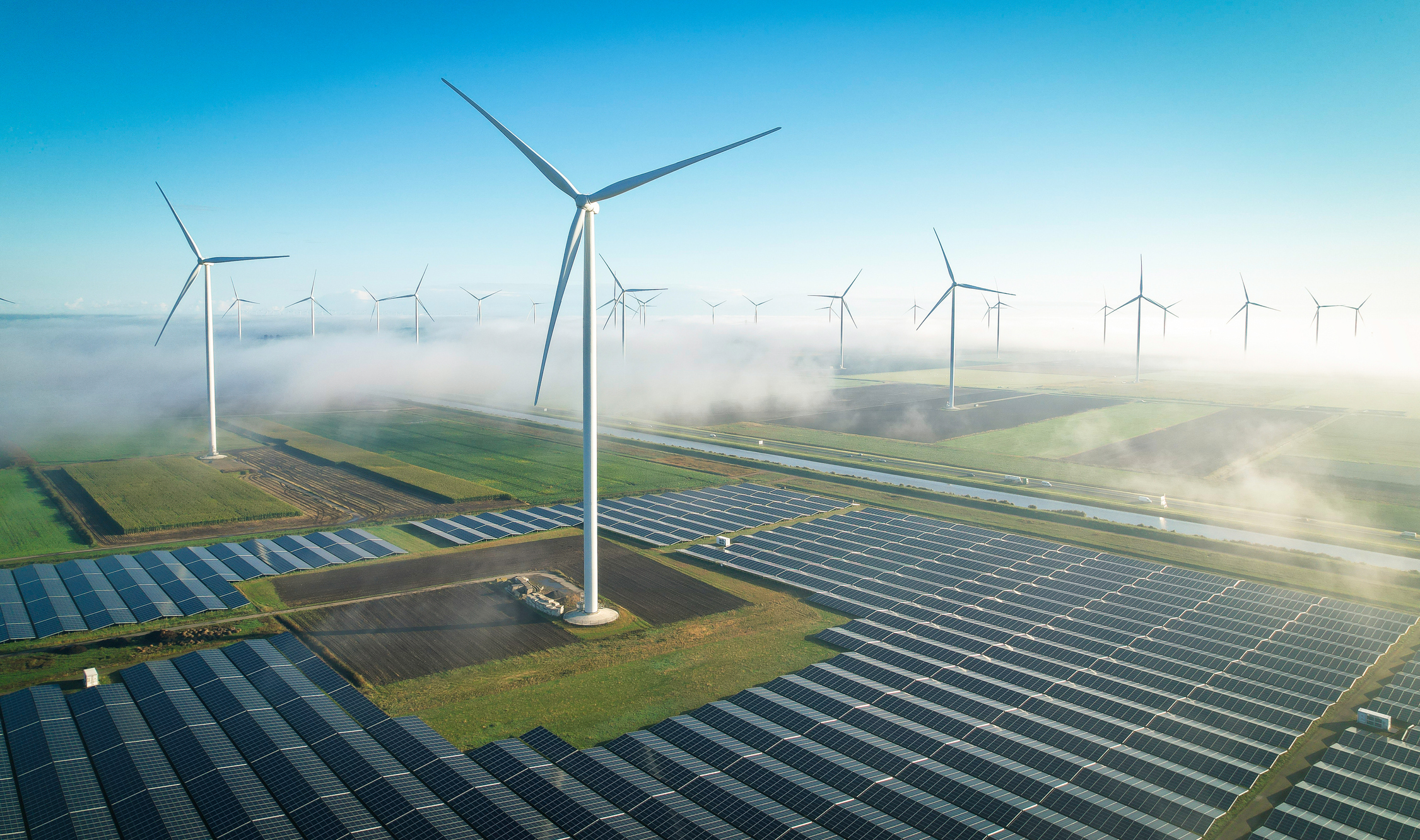 The demand for oil is slowing and green energy is taking over
The demand for oil is slowing and green energy is taking overThe IEA forecasts oil demand growth to slow sharply in the next few years. The end of the era may be underway.
-
 How much do solar panels cost in the UK - and are they worth installing?
How much do solar panels cost in the UK - and are they worth installing?Solar panels are set to be at the forefront of the government’s plans to make the UK economy greener. But are they cost effective?
-
 UK house prices see their biggest fall since 2008
UK house prices see their biggest fall since 2008News Halifax’s latest house price index shows UK house prices fell by 2.3% in November
-
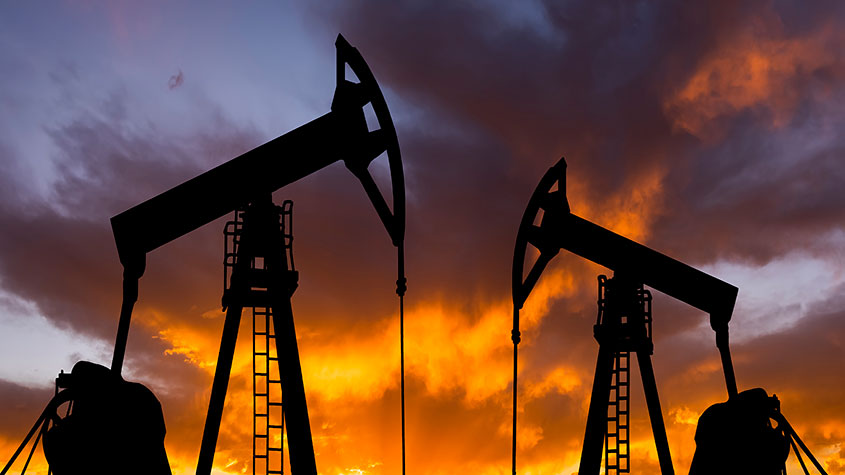 Is now the time to invest in oil as oil stocks top the S&P 500?
Is now the time to invest in oil as oil stocks top the S&P 500?Tips Oil stocks have enjoyed massive gains in the S&P 500. We take a look at the index’s best and worst performers and if now is a good time to invest in crude oil.
-
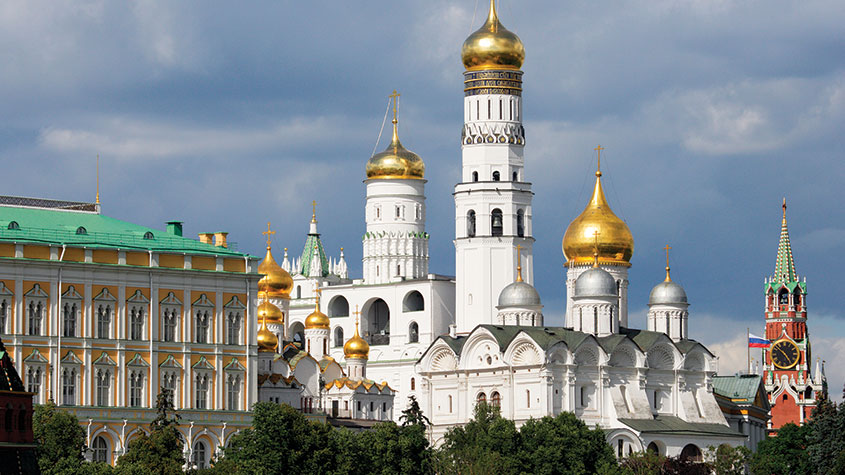 The fallout from Europe’s energy crisis
The fallout from Europe’s energy crisisNews The soaring price of gas could see the EU impose a cap on the price of electricity generated by nuclear and renewables, while signs of strain appear in the energy derivatives market, and investors are dumping European stocks.
